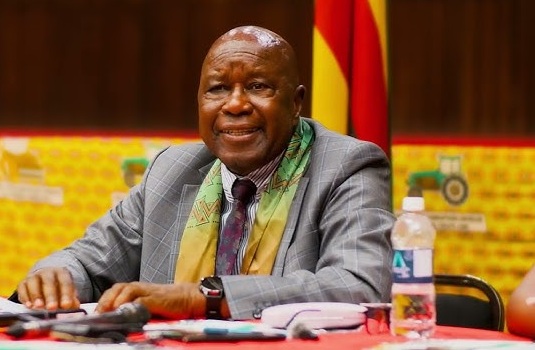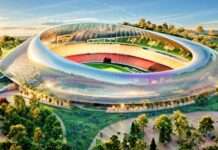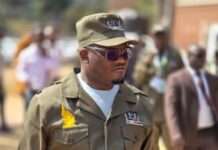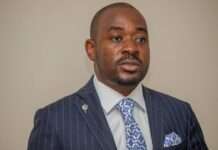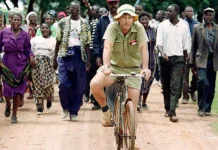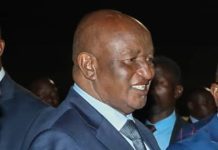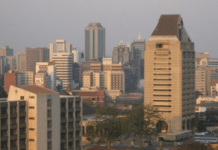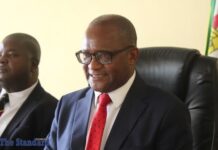HARARE – Zanu PF spokesperson Chris Mutsvangwa has made a startling claim that senior figures within the ruling party plotted to assassinate President Emmerson Mnangagwa on 23 June 2018 during the White City Stadium grenade attack—a shocking allegation he described as an “inside job.”
The revelation comes as tensions between Mnangagwa and Vice-President Constantino Chiwenga escalate ahead of Zanu PF’s annual conference in Mutare, where Mnangagwa is scheduled to deliver a key address tomorrow.
Sources within the party suggest that the succession battle is no longer confined to behind-the-scenes manoeuvring. Mnangagwa, seeking to extend his presidency beyond a second term, has recently dealt a series of political blows to Chiwenga, yet the former army commander remains a formidable rival. Party insiders say Chiwenga is consolidating support among war veterans and certain provincial structures, setting the stage for a dramatic confrontation.
#MutsvangwaInFreshChiwengaAttacks
Zanu PF spokesperson Chris Mutsvangwa has made a fresh sensational claim that ruling party top insiders plotted to assassinate President Emmerson Mnangagwa on 23 June 2018 – just before the elections that year – during the White City Stadium… pic.twitter.com/dxxLxgVX9t— TheNewsHawks (@NewsHawksLive) October 16, 2025
At a fiery press briefing in Harare, Mutsvangwa launched a scathing attack on Chiwenga, describing him as a power-hungry and opportunistic “mucheka dzafa” who claims a right to rule despite joining the liberation struggle late, only entering the Zanla front in Mozambique in 1978. He accused Chiwenga of attempting to unseat Mnangagwa using proxies such as war veterans leader Blessed Geza and through mobilising the planned “one million man march” tomorrow.
Mutsvangwa further criticised a recent document circulated by Chiwenga, first published by The NewsHawks, on corruption and succession within the party. He said the Vice-President sought to turn Zanu PF’s presidium into a “Kangaroo Court,” but the move backfired, leaving Chiwenga politically isolated in what Mutsvangwa called a “desperate power play.”
The spokesperson also drew on Zanu PF’s historical legacy, praising the late party chairman Herbert Chitepo, assassinated in Lusaka, Zambia, in 1975, for his early efforts in forging relations with China, including meetings with Deng Xiaoping, the architect of modern China.
With the annual conference imminent, Mutsvangwa outlined the Central Committee report, which assesses key political and economic developments within the party and the country over the past year. Analysts suggest that tomorrow’s address could serve as a pivotal moment, either consolidating Mnangagwa’s hold on power or exposing the fragility of party unity amid the simmering succession crisis.
Party watchers note that the White City Stadium grenade attack has long been shrouded in mystery, and Mutsvangwa’s allegations suggest that factionalism and conspiracies have deep roots within Zanu PF. The coming days are expected to be decisive, as Zimbabwe’s ruling party navigates the tense intersection of history, loyalty, and ambition.


